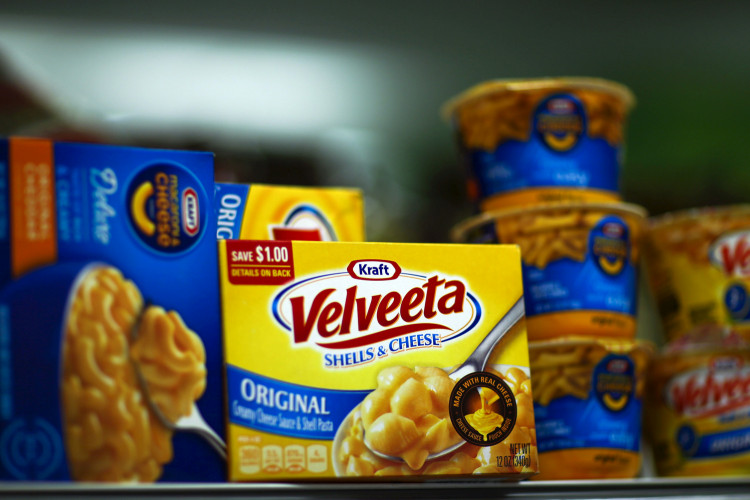Two significant studies have found a link between eating a lot of highly processed food, such as ready meals, and an increased risk of heart disease, bowel cancer, and early death.
According to the first study, men who consume a lot of ultra-processed food, as well as some of its subsets among both men and women, may have a higher chance of developing colorectal cancer. The second study discovered a connection between elevated risk of cardiovascular disease and mortality.
The results highlight how crucial it is to reformulate dietary recommendations globally, paying more attention to how foods are processed along with nutrient-based advice.
There is already mounting data that suggests a high intake of ultra-processed meals is linked to an increased risk of various chronic diseases. However, few studies have examined the link between ultra-processed foods and the risk of colon cancer, and prior findings have been inconsistent due to limitations in study design and sample sizes.
The first study looked at the relationship between ultra-processed food consumption and the risk of colorectal cancer in individuals in the United States. Their findings were based on data from three major studies of US health professionals, including 46,341 men and 159,907 women, whose dietary intake was examined every four years using extensive food frequency questionnaires.
Foods were categorized according to their level of processing, and colorectal cancer rates were monitored over the course of three decades while accounting for a variety of lifestyle and medical conditions.
Men who consumed the most ultra-processed food had a 29% higher chance of developing colorectal cancer than those in the lowest consumption quartile, according to the findings. Even after further adjusting for body mass index or nutritional quality, the relationship remained significant.
Approximately 22,895 Italian individuals were the subject of the second study. Over a 14-year period, mortality were monitored and both the quantity and quality of food and beverages consumed were evaluated while taking into account underlying medical conditions.
The results showed that those with the least nutritious diets had a 19% higher risk of mortality from any cause and a 32% higher risk of death from heart disease when compared to those with the healthiest diets.
When the two highest and lowest categories of ultra-processed food intake were evaluated, the risks were similar (19% and 27% higher for all-cause and cardiovascular death, respectively).
A higher degree of food processing explained a considerable amount of the extra mortality risk linked with a poor diet. Even after accounting for the poor nutritional content of the diet, ultra-processed food consumption remained related to death.
The study provides more justifications for consuming fewer ultra-processed foods and increasing your diet of whole or minimally processed meals to lower your chance of demise, illness, and poor health. The findings were published in the BMJ.






